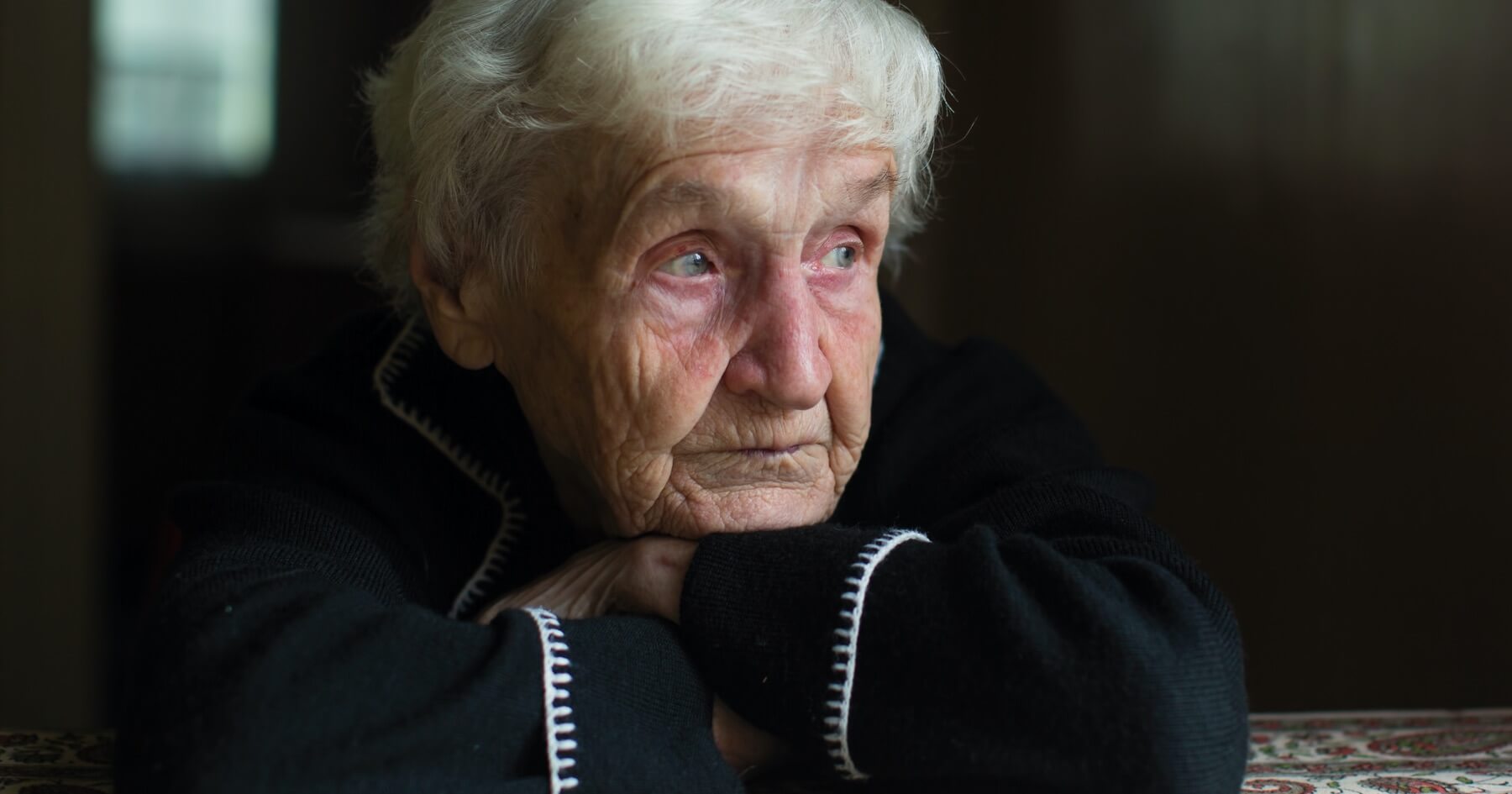A bill to legalise euthanasia in France last week failed to pass after stiff opposition in the French Parliament.
The bill was promoted by Olivier Falorni of the ‘Libertes et Territoires (Freedom and Territories) party. He said a law that permitted euthanasia in France would end the national “hypocrisy” of French residents travelling to Belgium or Switzerland for assisted suicide.
However, opponents of the bill filed almost 3,000 amendments to the proposed legislation ensuring that the bill did not have sufficient time for discussion, making a vote on the bill impossible.
While neither President Macron, nor his government were involved in this debate, Macron is on record in 2017 as saying: “I myself wish to choose the end of my life”.
Wish to die transient
The euthanasia debate in France comes at the same time as a recent Irish study that found almost three quarters of people over 50, who had previously expressed a wish to die, did not have that desire two years later.
The Irish Longitudinal Study on Ageing (TILDA), surveyed 8,174 people over the age of 50 and found that 3.5% expressed a wish to die at Wave 1 of the study. However, as the report states:
“Seventy-two per cent of these participants no longer reported a wish to die when reassessed 2 years later”.
Researchers behind the study from Trinity College Dublin found that the “wish to die” among older people is often “transient” and linked with depression and feelings of loneliness.
The study also found high rates of loneliness among those who had a wish to die (WTD).
“Almost three-quarters of participants reporting WTD also reported loneliness at least some of the time, while almost one fifth with WTD reported that they were lonely all the time. Almost one-third of participants who felt lonely all the time also endorsed WTD”.
Non-medical end of life concerns
The Oregon Health Authority recently released its annual report on assisted suicide in the state, which also found a series of non-medical concerns for people who ended their lives by assisted suicide.
The report lists ‘End of Life Concerns’ of patients who underwent an assisted suicide in 2020. 53.1% of patients were concerned with being a “burden on family, friends/caregivers”. 94.3% of patients were concerned with being “Less able to engage in activities making life enjoyable”. 93.1% were concerned with “losing autonomy” and 71.8% were concerned with “loss of dignity”. Of the total who have died since 1997, 27.4% have listed “inadequate pain control, or concern about it” as one of their end of life concerns.
Right To Life UK spokesperson, Catherine Robinson, said: “If France were to legalise euthanasia, it would become the fifth country in the EU to do so after Belgium, the Netherlands, Spain and Luxembourg. Fortunately, it seems as if there are enough French politicians who have seen the inherent dangers with any euthanasia legislation and have blocked this legislation”.
“As the Irish study has shown, euthanasia or assisted suicide is a permanent solution to what is, for most, a temporary problem”.
Please share this article so that others can discover The BFD.

